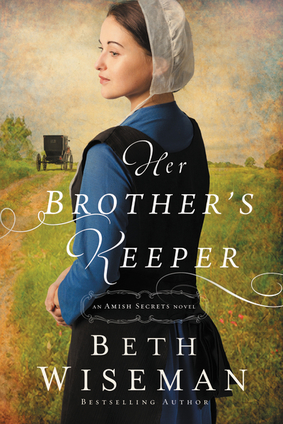 Interview by Brock Eastman Featuring Her Brother's Keeper Charlotte came to Amish country to find answers. What she never expected to find was peace. Charlotte Dolinsky is not above playing dress-up and telling a few lies to find out what happened to her only brother. In fact, that is exactly what she’s come to Lancaster County to do. Now, calling herself Mary and slipping on a kapp, Charlotte will lie her way into the confidence of anyone who knows why Ethan had to die. Unless she gets found out first. But when Charlotte befriends a quiet Amish man named Isaac Miller, she begins to rethink her motives. And with a little help from a friend back home, Charlotte might find out that love comes packaged in ways she couldn’t have foreseen. Isaac’s been caring for his cancer-stricken father and sympathizing with his frustrated mother for three difficult years. And that means he hasn’t been dating. He believes Hannah King is the woman for him, but Hannah is still grieving the loss of her fiancé, and Isaac has all he can handle on the farm. When Hannah’s family plays host to a woman named Mary, their new cousin shakes things up for all of them. As Charlotte digs deeper into the mystery of Ethan’s death, she finds more than she’d bargained for in the community he once called home. But will she ever learn the truth? And what will the community—and her new family—do if they learn the truth about her? “Wiseman’s new launch is edgier, taking on the tough issues of mental illness and suicide. Amish fiction fans seeking something a bit more thought provoking and challenging than the usual fare will find this series a solid choice.” -LIBRARY JOURNAL Brock: What was your inspiration for writing this book or series? Beth: I was inspired to write Her Brother’s Keeper in an effort to offer readers something a bit edgier, but I also wanted to provide the escape Amish fans expect and enjoy. Brock: Tell us about the main characters. Who are they? What makes them unique? Beth: Charlotte and her brother--Ethan—grew up mostly in foster care, and Charlotte felt like they were survivors, no matter the situation. But when Ethan commits suicide while living in an Amish community, Charlotte can’t seem to get any answers from the Plain People. She decides to pretend she is Amish in an effort to find out what happened to her only brother. Charlotte’s a bit broken, doesn’t have much faith, and her hope slipped away a long time ago. She goes to Amish Country for answers, but what she finds is a family. But holding onto these new relationships is challenging in light of all the lies she’s told. Hannah is grieving the loss of her fiancé and also dealing with the emotions that often go along with suicide of a loved one—hurt, anger, grief, and loneliness. She isn’t thrilled that her Amish cousin (Charlotte, posing as Mary) is coming for a visit. And Hannah suspects early on that Cousin Mary isn’t being honest with her family. And Hannah is also too preoccupied to realize that true love might have been right under her nose for a very long time. Isaac has loved Hannah for years, but he’s been busy running his family farm and helping to take care of his sick father, leaving little time for romance. But when Hannah’s Cousin Mary comes to town, things start to change for everyone, and Isaac’s new friend nudges him to follow his heart. Brock: Give us one fact about each main character that no one else knows. Beth: Charlotte and Ethan used to hide their treasures in empty mothball boxes because their mother couldn’t stand the smell of mothballs. Isaac has lost respect for his father because his father views himself as less of man because he has lost part of his leg from cancer. Hannah chooses to believe what she’s told about a photo that was found at Ethan’s house, even though she knows in her heart that the picture means more than she’s lead to believe. Brock: In three sentences, what is this book about? Beth: Her Brother’s Keeper is about finding love in the most unexpected places. It’s about how those left behind are affected by suicide. And it’s about the love of family and the extremes people go to for peace. Brock: Do you outline the entire book before starting, or do you write as you go and let the characters take control of the story? Beth: When I start to write a book, I have a beginning, but never an end. I figure if I don’t know what’s going to happen, then the reader won’t either, keeping us both surprised. The best part about writing a novel is the characters you meet along the way, the voices that demand to be heard, even if you have no idea what their purpose is in the story. I tried to outline one time, and my editor literally said, “Don’t ever do that again.” I know it works for some people, but not for me. Brock: How do you believe this story relates to the lives of readers? Beth: I think that most people have known someone who has been at risk for suicide, mentally ill, or depressed. And I wanted to bring awareness to this, but to also offer balance and entertainment. I sprinkled humor throughout so that the serious subject matter didn’t drain or bog down the reader. Brock: What is your favorite genre to write for? Beth: I have two genres that I enjoy writing for: Amish and Women’s Fiction. And even though all of my stories have an element of romance included, there are always multiple subplots going on. I like to write about relationships, but not necessarily always romance. I like to explore relationships between mothers and daughters, married couples, friends, and siblings. Sometimes, it’s the established relationships that provide the most insight into what makes us tick. I also like to present multiple points of view related to the same event. For example, the reader knows right away that Charlotte’s brother committed suicide, but I wanted to offer various reactions and opinions so that readers would close the last page and feel the need and desire to discuss the storyline. Brock: How many books are planned for this series? Beth: So far, there are three books planned for the Amish Secrets series. But there were also three books planned for my Daughters of the Promise series, and there ended up being six books. I think readers determine the length of a series. If they want more, authors try to accommodate. Brock: Are you working on the next book in the series? Beth: I’m working on book #2 in the series—not yet titled. This series is unique due to the fact that Charlotte shows up in each story, and she is English (non-Amish). I like to create a community, revisit the same characters, but always offer new players to focus on with each new book within a series. Brock: Where do you like to write? Beth: If I’m at home, I shuffle between my recliner in the living room, my recliner in my office, or my bed—if I need to really spread out research material, notes, etc. I also love to write at the beach on a nice day, listening to the waves. A friend has a great condo that faces the ocean, and I’ve done some of my best writing there. Brock: Are you a full-time or part-time author/writer? Beth: I’m a full-time author with lots of deadlines, but I can’t complain. There’s something to be said for staying in your jammies all day if the moods strikes. ☺ Brock: How long does it usually take you to write a single book? Beth: It usually takes me about two months to write a full-length book, and if other deadlines allow more time, I love having three months. I write a lot of novellas for HarperCollins Christian also, so sometimes I have three or four projects overlapping. Brock: When did you realize you wanted to become a writer? Beth: I knew I wanted to become a writer when I was very young, maybe six or seven. I would write stories to my grandparents--On a cold, dark night kind of stuff. I got sidetracked many times over the past few decades, but I always went back to writing in some capacity. I was a journalist and a columnist before I ended up staying home to write books full-time. Brock: What’s your view on e-books and the new publishing revolution? Beth: There is so much to be said about eBooks and the publishing opportunities that they represent. It’s a new world for authors, and I think we are still in the experimental stages. What works for some, won’t work for others…and vice versa. Brock: What are your hopes for your future as an author? Beth: I hope and pray that God will continue to bless me with stories to tell. I was gifted the opportunity to write full-time and publish late in life, and once the door opened for me, it was like a floodgate. I’ve never had writer’s block, and I’m pretty sure that when it’s my time to leave this earth, I’ll leave with stories I still wanted to tell. And I want each story to be better than the last. Brock: In what ways does your faith impact how you approach writing? Beth: There is a glorious moment for Christian fiction writers when you are no longer the author, only the messenger, when God takes the helm and you just ride along. I couldn’t tell you how many times I’ve re-read something I wrote, then my jaw dropped. I wrote that? But it wasn’t actually me. And the biggest impact on my faith—and the biggest surprise—has been that even though I’ve strived to minister to others through entertaining fiction stories, I’ve been ministering to myself all along. Brock: Coke or Pepsi? Beth: I prefer Diet Coke over all other sodas. Brock: Soft shell or hard shell tacos? Beth: This is too difficult to choose, lol. I like both! Brock: Favorite season? Beth: In Texas, we have all four seasons. Spring and Fall are amazing. It would be a toss up between those two seasons as to which one I like the most. Summers are scorching hot (triple digits), and we don’t do cold well, lol. Fireplaces get lit when it hits about 50 degrees. Brock: Do you listen to music while you write? If so, what are some examples? Beth: I know that a lot of authors listen to music while they write. No, no, no. Not me. I need complete silence. And I don’t write in coffee shops or restaurants. I guess I’m easily distracted, lol. Brock: You mention that your writing career didn’t take off until late in life. Why do you think that is? Beth: I wasn’t ready. When I first starting submitting manuscripts for consideration, I think I was a pretty good storyteller, but I hadn’t studied the craft enough. Once I made a true effort to learn the craft of writing a novel, things began to change. But, even more important, I finally realized that everything I went through during my life presented opportunities to educate and heal—both myself and others. How many times, when something bad is happening to us, do we ask, “Why God? Why is this happening to me?” I know now that if I hadn’t been through some of that bad stuff, I wouldn’t be qualified to write about it in a way that readers could relate to. It’s all about timing, and we’re on God’s clock. ☺ Brock: What is one thing you tend to write about a lot, something that always works its way into your stories? Beth: I write a lot about fear, worry, and regrets—the way these things bog us down. I write about carrying the burdens of the past, struggling to let go…to let God. I’m a worrier, and even though I know it’s a sin, it’s something I constantly have to work on. I also write about forgiveness, of self and others. I want readers to focus on the here and now. Everything that has happened up to this moment has been for a reason. There shouldn’t be fear, worry, or regrets, and we should always be able to forgive ourselves and others, the way God does. 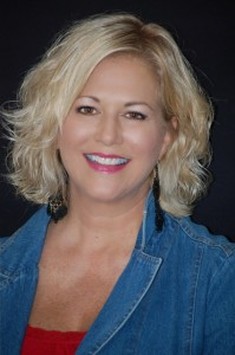 Author Website: BethWiseman.com Author Facebook: Fans of Beth Wiseman Author Twitter: Beth Wiseman Author Pinterest Author Ello
0 Comments
Leave a Reply. |
Follow meArchives
May 2024
Categories
All
|
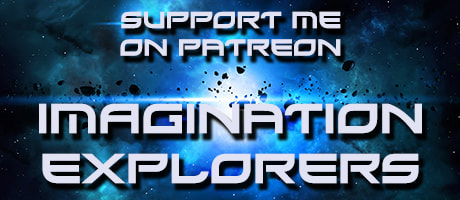
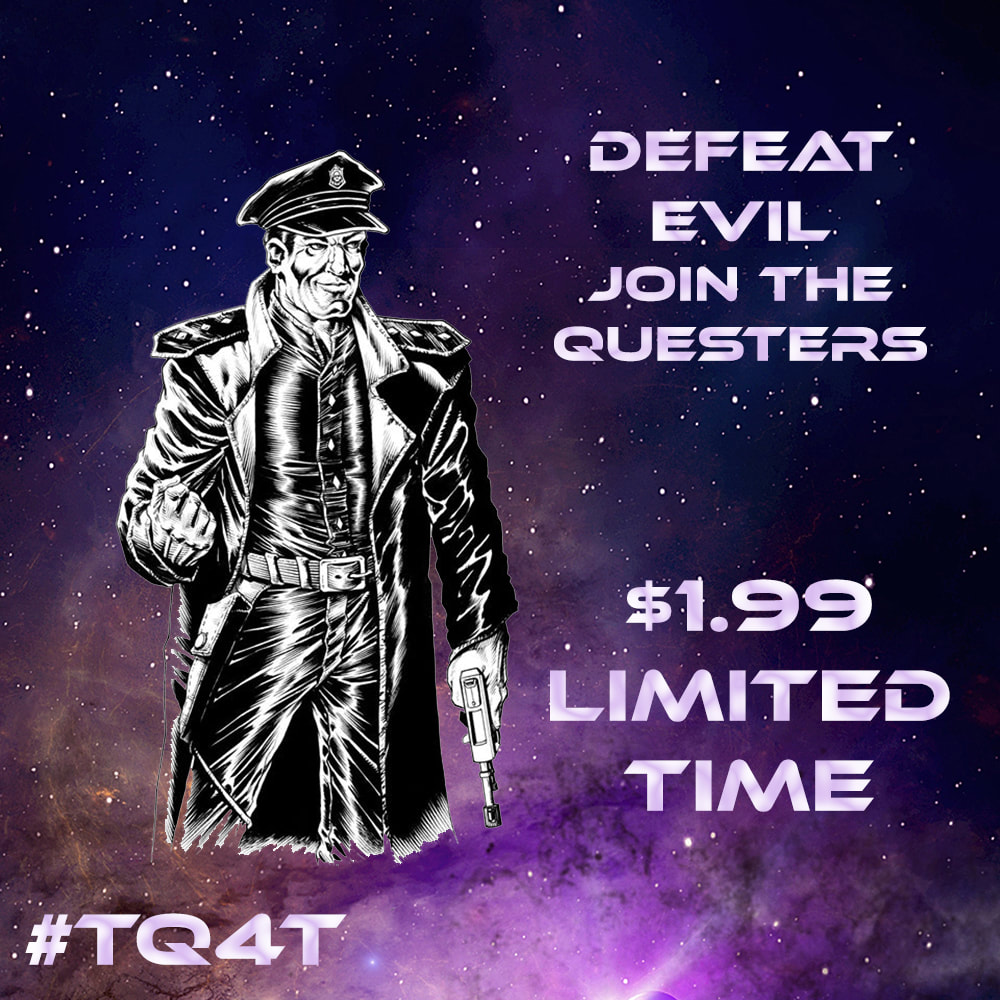
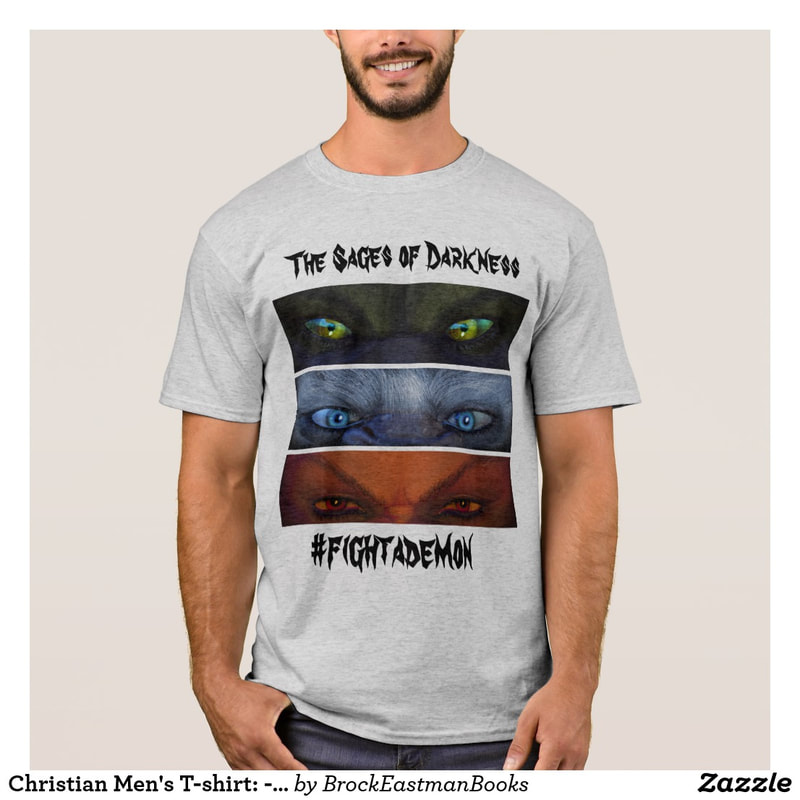

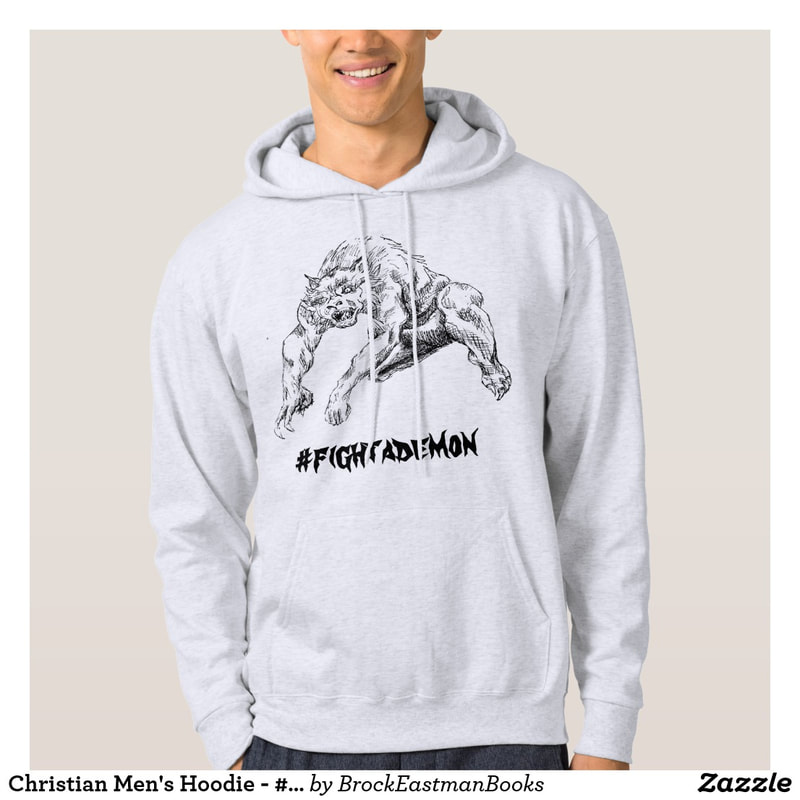

 RSS Feed
RSS Feed